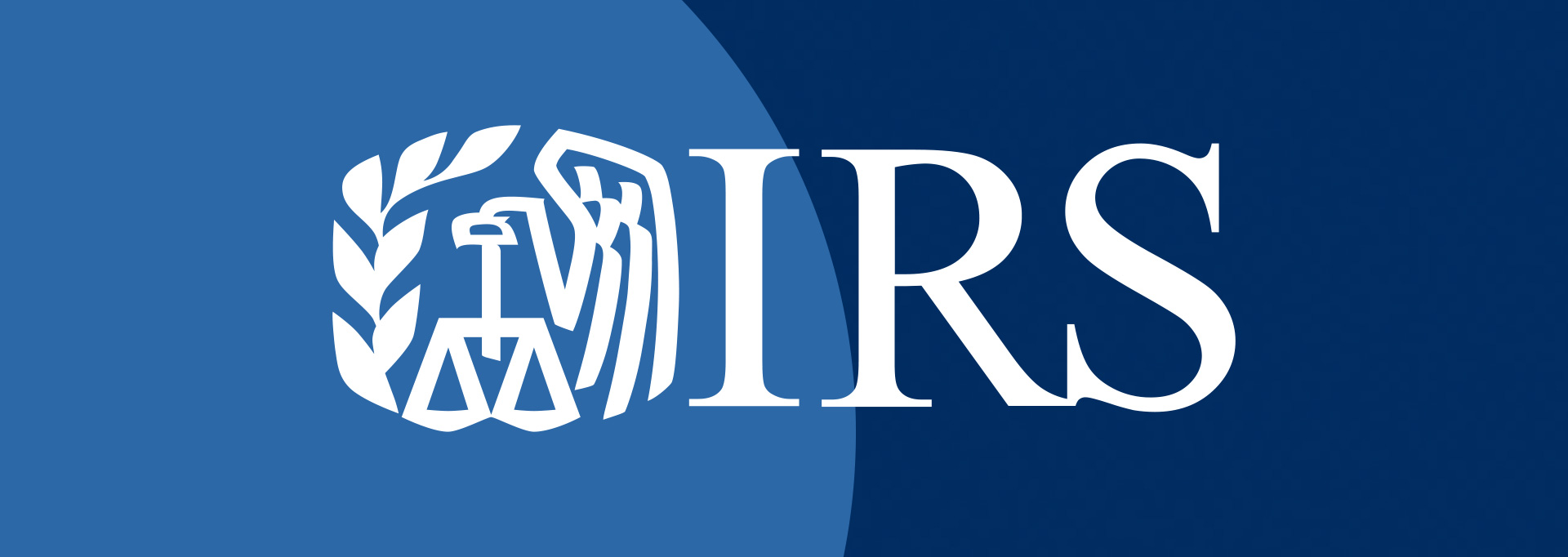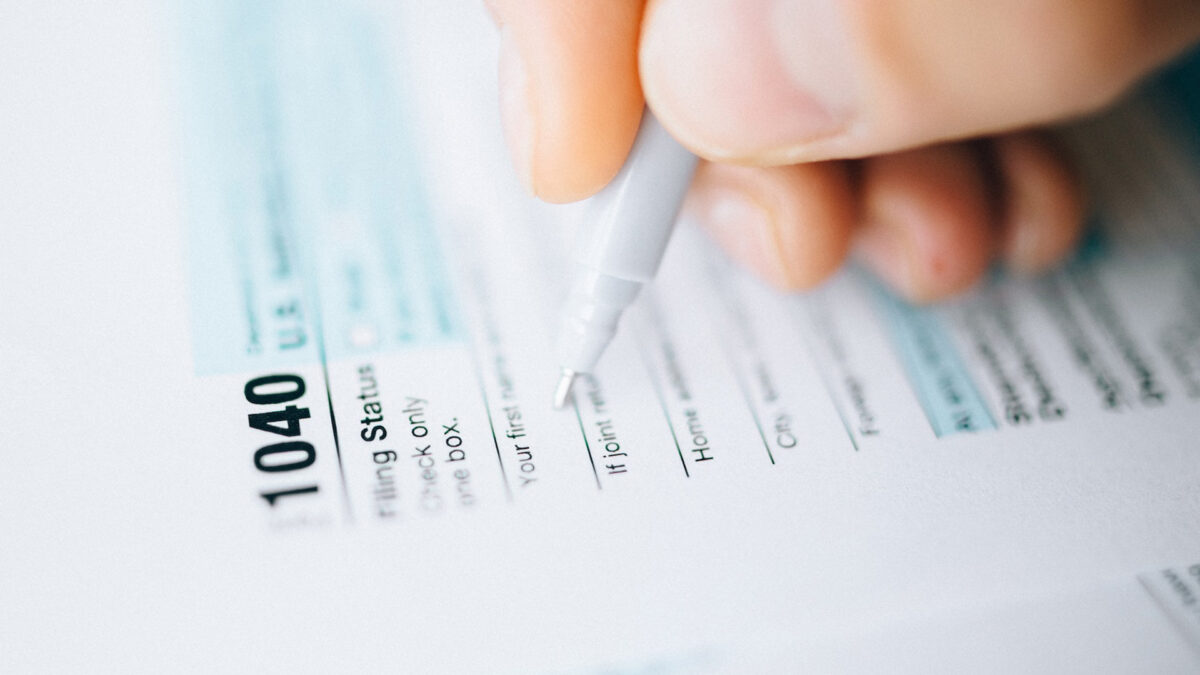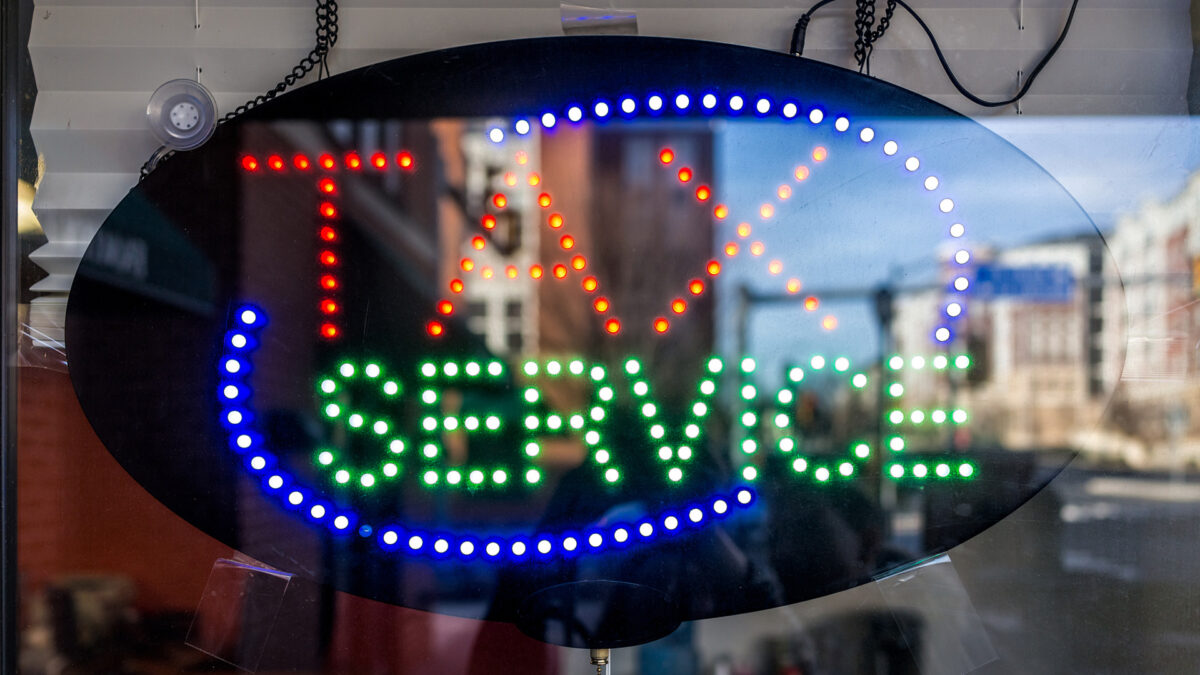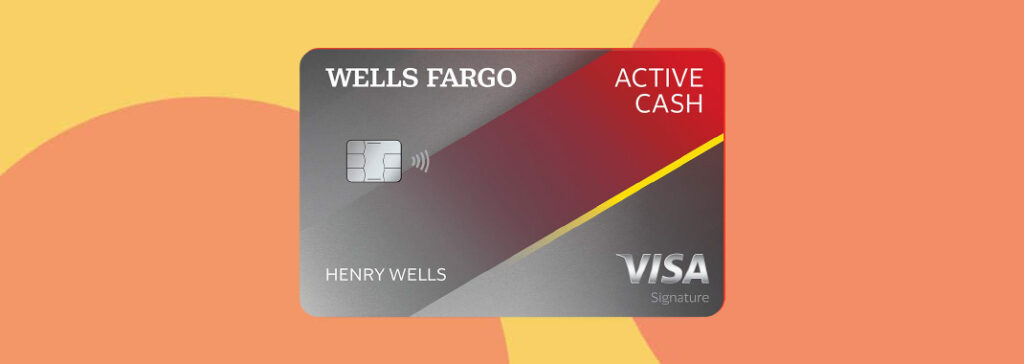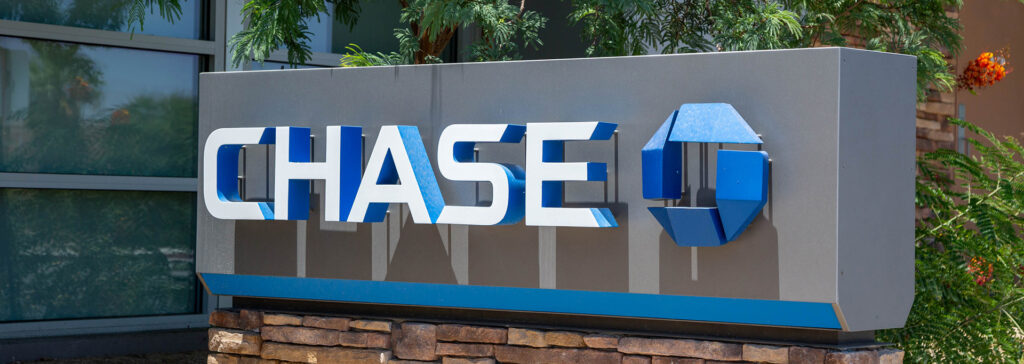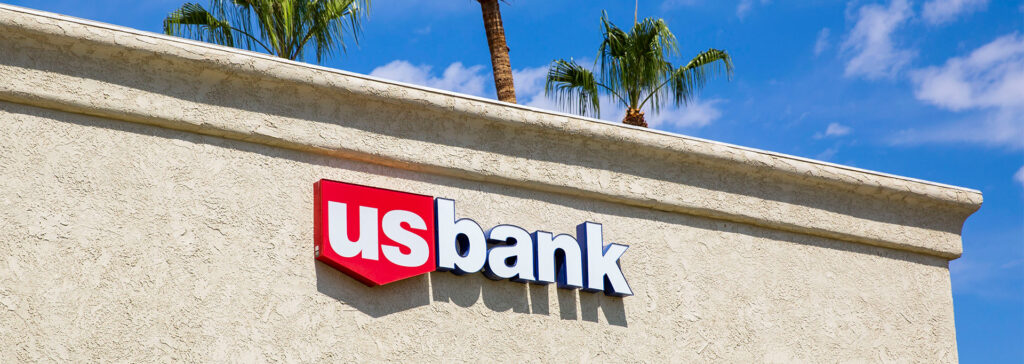Most products on this page are from partners who may compensate us. This may influence which products we write about and where and how they appear on the page. However, opinions expressed here are the author's alone, not those of any bank, credit card issuer, airline or hotel chain. Non-Monetized. The information related to Chase credit cards was collected by Slickdeals and has not been reviewed or provided by the issuer of these products. Product details may vary. Please see issuer website for current information. Slickdeals does not receive commission for these products/cards.
The Internal Revenue Service (IRS) is making strides in simplifying the tax filing process for the 2024 tax season.
Next year the IRS will test Direct File, a free electronic tax filing program that could potentially save Americans billions of collective dollars. This innovative effort is part of a larger transformation initiative aimed at improving taxpayer service and operational efficiency.
Let's delve into the key details of the Direct File pilot program, including which states are eligible to participate, taxpayer eligibility, the types of income and tax credits covered and the goals behind this groundbreaking service.
Participating States and Eligibility
Several states have chosen to collaborate with the IRS in integrating their state taxes into the Direct File pilot program for the 2024 filing season. These states include Arizona, California, Massachusetts and New York. Additionally, taxpayers in nine states without state income taxes, such as Alaska, Florida, New Hampshire, Nevada, South Dakota, Tennessee, Texas, Washington and Wyoming, may also be eligible to participate in the pilot. Washington is also joining the integration effort for the state's application of the Working Families Tax Credit.
While all states were invited to participate in the pilot, not all could do so at this time. These partnerships represent a critical step in testing the feasibility of providing taxpayers with a new option to file their returns directly with the IRS.
Eligibility for the pilot program will be limited to taxpayers residing in specific states that are actively participating in the pilot. The IRS is actively working on finalizing the eligibility criteria and the types of income, credits, and deductions that the pilot will cover. These details are subject to change as the IRS refines the program
Eligibility and Covered Provisions
Eligibility for the Direct File pilot program will be limited based on the state of residence and the complexity of the taxpayer's financial situation. It is anticipated that the pilot program will cater to taxpayers with relatively simple returns, including those with certain types of income, credits and deductions, but we don't have all the details yet.
The IRS has announced that specific income types, such as wages reported on Form W-2 and key tax credits like the Earned Income Tax Credit and the Child Tax Credit, will be covered by the Direct File pilot. This ensures that the program is accessible to individuals with uncomplicated financial situations.
Comparison to Existing Tax Services
The IRS's free tax filing pilot program is poised to have a few key advantages over existing tax services:
- Accessible: While many of the best tax filing services offer free versions for simple returns, this feature isn't universal. With the Direct File program, filers have access to a trustworthy, cost-free option without having to shop around and compare products.
- Simplicity: The program will cater to those with straightforward financial situations, making it user-friendly and less intimidating compared to some third-party tax software. This simplicity may lead to quicker and more accurate filing.
- No Upselling: Existing commercial tax software often uses free versions to upsell premium packages or services. The IRS program is not driven by profit motives, making it a more transparent and unbiased option.
- Security: The IRS has a strong track record in safeguarding sensitive taxpayer information, reducing the risk of data breaches that have affected some private tax service providers in recent years.
Additional Pilot Program Details
The Direct File pilot program will offer an interview-based service that is mobile-friendly, available in both English and Spanish. During the 2024 filing season, the pilot will be introduced gradually, starting with a small group of eligible taxpayers. As the filing season progresses, more eligible taxpayers will gain access to the service to file their 2023 tax returns.
Direct File will not replace existing filing options like tax professionals, Free File, free return preparation sites, commercial software and authorized e-file providers. Instead, it provides an additional choice for taxpayers, aiming to meet the needs of individuals with simple tax situations.
Bottom Line
The IRS's Direct File pilot program for the 2024 tax season represents a significant step toward simplifying the tax-filing process for qualifying taxpayers. It offers a free, user-friendly option to file federal tax returns directly with the IRS.
As the IRS continues to develop and fine-tune this program, it will play a pivotal role in gathering information, assessing its effectiveness and making any necessary improvements for potential future implementation. This initiative aligns with the IRS's mission of providing taxpayers with flexible and convenient options for their unique tax situations, ultimately benefiting individuals with straightforward financial scenarios.
The results of the pilot will be publicly shared, providing valuable insights into the program's performance and its impact on taxpayers. If you don't qualify for the Direct File pilot program this coming tax season, check out our list of the best and cheapest online tax services:
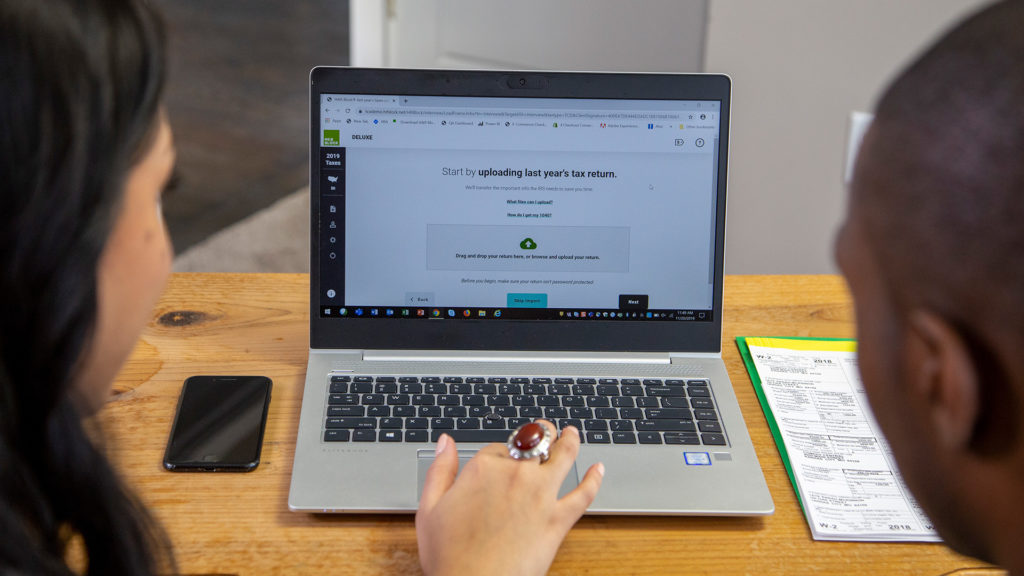 Related Article
Related Article
